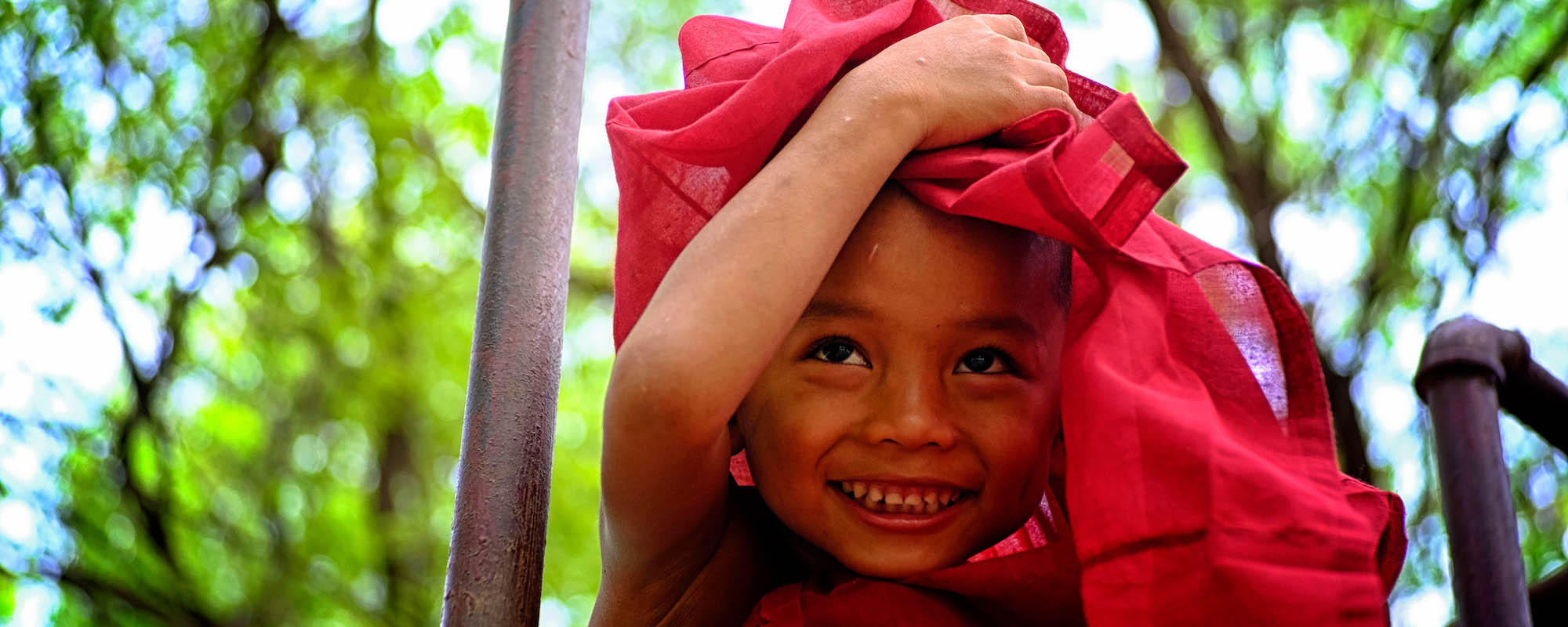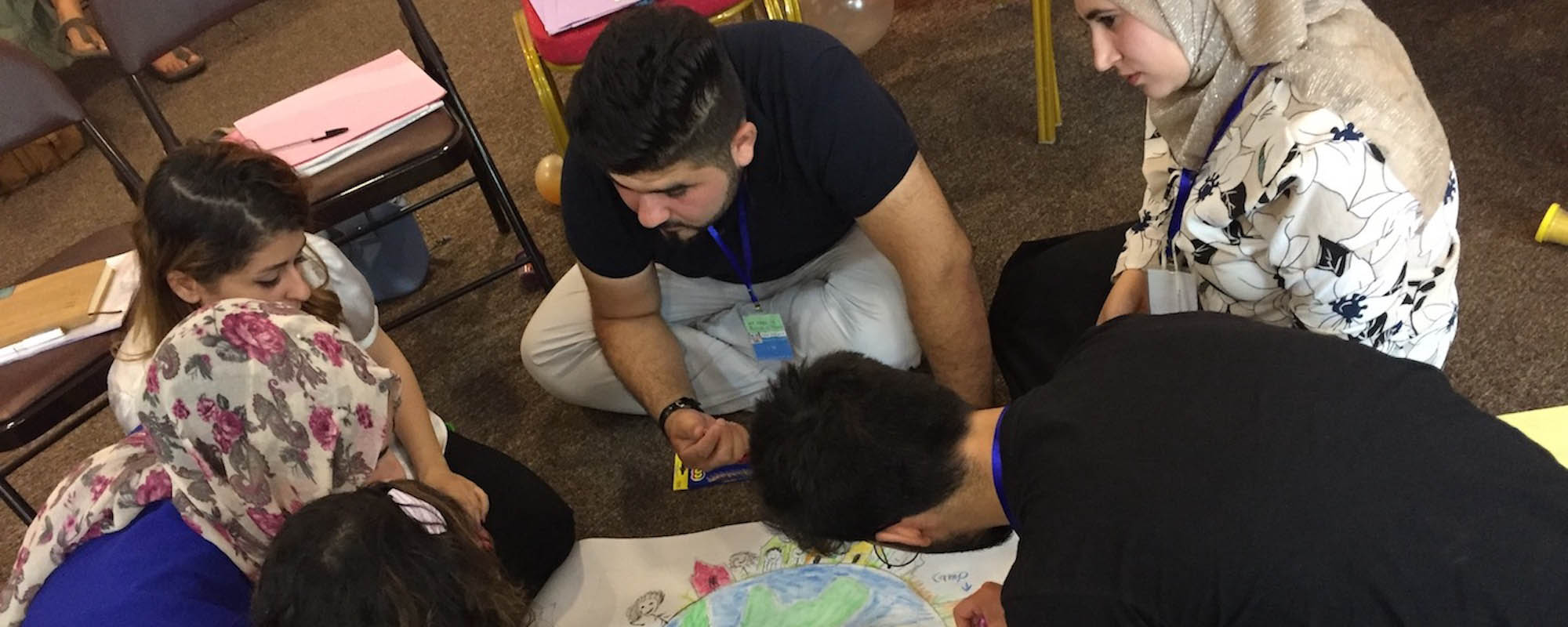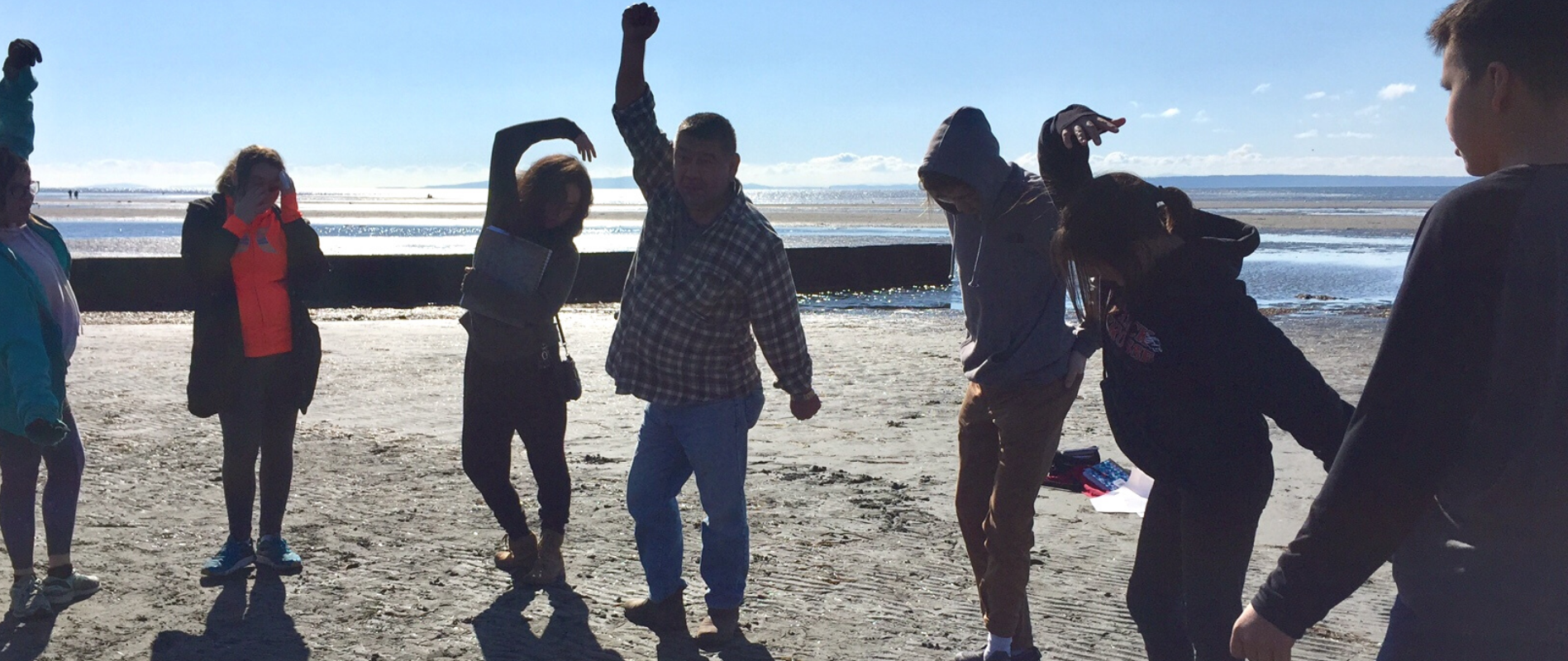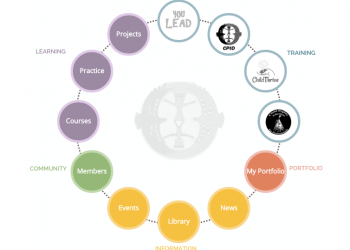...the power of the tools we experienced.....
The CAPE tools we used were action oriented, suitable for Right To Play program learning and strengthening. The data or information collected were qualitative, providing answers to the “why and how”. The tools we experienced with Dr Philip engaged and empowered the kids. The research was driven by the children with the lead researcher just facilitating, providing guidance. This made the research really child centered and we had a lot of fun while collecting needed data and information. It was definitively a play and activity based research and there is no doubt, the tools we used are capable to promote child-centered accountability in our MEL processes at Right To Play.
In fact we realized we can easily adapt the tools to address Quality Education, Health, Education, and Positive Child and Youth Development issues within our organization by engaging the children/youths adults and partners in the activity based qualitative data collection process including tools developed by IICRD, during our regular outcome monitoring activities (annual and/or semiannual basis). Most importantly, the approach supports youths to play a key role in analyzing the information they have shared during the sessions (but we could not engage them in this during the research due to time constraints). By placing young people at the center of the data coding and analysis process, they are empowered with a deeper understanding of the data, the process, expected project results all this giving then opportunity to develop/identify necessary actions for results improvement. This aspect (engaging youths, children, and adults in data analysis) is actually one of the key component missing in our Measurement approach at RTP and we would borrow ideas from IICRD to start doing from upcoming studies.
When we look at our Measurement approach in general and especially how we measure our CP intervention at Right To Play, our tools and approach are not bad. The approach we use work perfect as it is tailored to provide information needed for the indicators we monitor in line with our CP activities. But the experience we had in Mali with Dr Philip, showed that in some extent, our CP interventions provide greater impacts we did not and could not capture and value due to the type of our indicators and the tools we are using so far.
We will consider all the lessons we learned from this experience while revising our global MEL toolkit.








Comments
Armel, thanks for your useful
Great to hear that they were